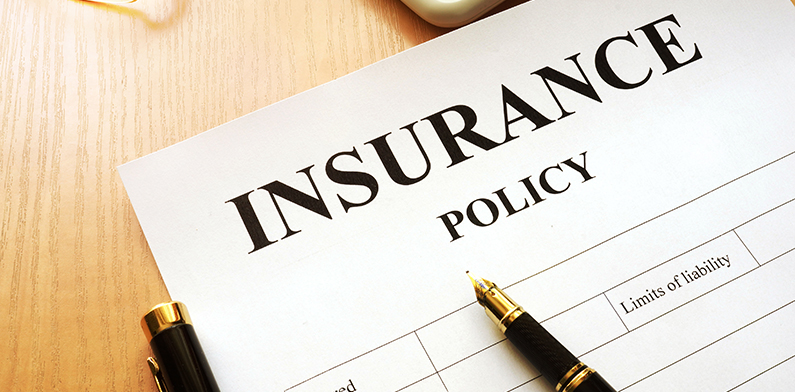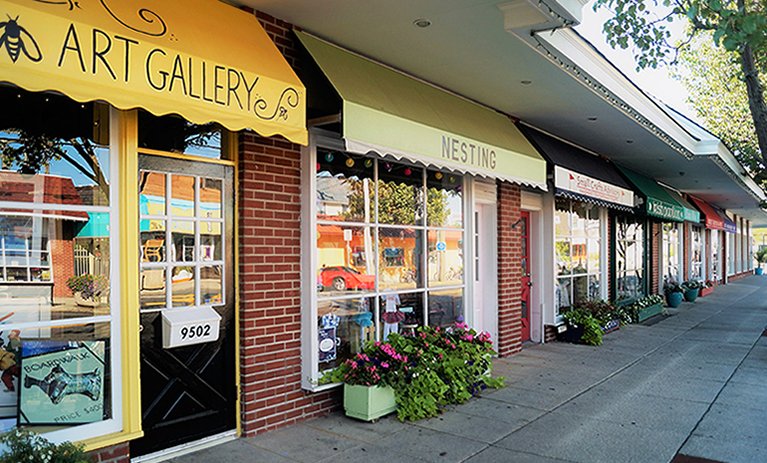A customer slips on a wet floor in your store and breaks his or her leg. Or perhaps you rent a commercial property, and a glass door gets broken when your employee is bringing in supplies. Or maybe you’ve put a new roof on a home and it leaks, resulting in extensive water damage to the property.
Let’s say that your business is found liable in one of these scenarios and you have to pay $500,000 in damages — as well as $70,000 in legal fees. Would you be able to cover those costs?
If not, then you’re not alone. The truth is that most small to medium-sized businesses don’t have the financial resources to handle a liability claim by themselves. And that’s precisely why you need commercial general liability insurance — also referred to as commercial general liability or CGL. Read on to learn the basics of general liability insurance and how it can benefit your business. Grand Mutual Insurance is an insurance agency in Los Angeles that can help find the right coverage to protect your assets.

What Does General Liability Insurance Cover?
Commercial general liability insurance protects your business’s assets and covers its financial obligations in the event of bodily injury or property damage caused by your business operations. A general liability insurance policy consists of three parts that each protect a different aspect of your business:
- Premises liability covers liability for property damage or bodily injury that’s caused by a condition on your premises or worksite. Think of a passerby getting injured by a falling beam on a construction site.
- Products liability covers liability for bodily injury or property damage that results from products that you manufacture, sell or distribute, for example when someone purchases a chair from you and gets injured when that chair breaks.
- Completed operations covers liability for property damage or bodily injury that’s a result of your completed work, for example if your employee installs a garage door that later breaks and damages a vehicle.
Note that certain types of damages aren’t covered, including workers compensation, intentional injury, insured contracts and failure to perform. That’s why you’re best advised to find out precisely what the coverage exclusions are before purchasing a policy.
Coverage limits are determined based on the perceived risk associated with your business. For example, an app developer will need less coverage than an architect or building contractor. It’s also important to understand that if your liability claims exceed your coverage, your policy will be exhausted, and no more claims can be paid out. For this reason, it’s critical to make sure that you have sufficient coverage — otherwise you could be left with a financial obligation you don’t have the resources to meet.
Get the Right General Liability Coverage
Clearly, if your company is found liable after an incident and doesn’t have the right insurance, the costs of damages or a settlement combined with legal fees can drain your business of resources. In fact, it could even put you out of business completely. By purchasing general liability insurance as soon as possible, you’ll give yourself a robust layer of financial protection so you can keep operating — even during the most challenging of times.
Contact us today for more information about coverage options for your business with commercial insurance.




